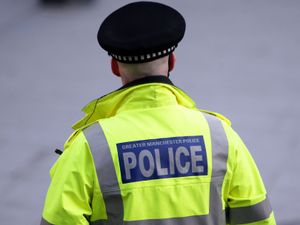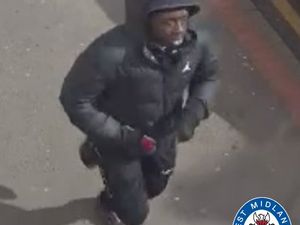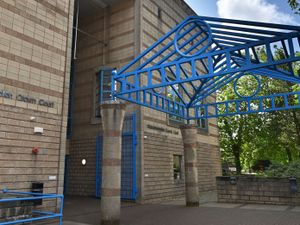Crimes that shamed the West Midlands
There are few things that infuriate the public more than seeing crime figures sky-rocket.
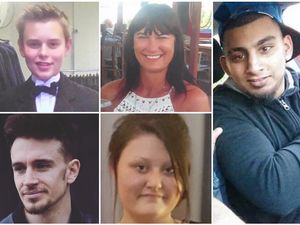
Yet that is the position we find ourselves in here in the West Midlands.
Overall crime went up by eight per cent between March and December last year, with increases for all types of crime apart from drug offences.
Possession of weapons saw a 17 per cent spike, robbery went up by 14 per cent, violence attacks saw an 11 per cent rise, while burglary rose by 11 per cent in the year ending March 2017.
Former police officer David Vickers, who is now a Dudley councillor, believes that the true crime figures are even worse as a lot of crime is not recorded by the force.

Meanwhile business leader Ninder Johal says the situation is so acute that some firms no longer bother to report crimes as they have no faith in the police's ability to solve them.
West Midlands Police has faced unprecedented cuts over the last seven years, losing 2,000 officers and a quarter of its budget.
The situation has undoubtedly made life difficult for the force, particularly at a time when resources have been further stretched by the terror attacks that have shocked the nation this year.
As we heard recently from Detective Inspector Warren Hines, morale among officers is rock bottom.
WATCH: Detective Inspector warns officers are contemplating suicide
Sickness rates are through the roof, putting an even greater strain on officers that are out on the frontline.
But questions must be asked over whether the force is using its resources in the best possible way.
Police and Crime Commissioner David Jamieson closed down 27 police buildings in 2015/16 he did so because he said he wanted to protect police officer numbers.
He has made some big promises when it comes to taking on more officers in the coming years.
The problem is that the vast majority of people will not be interested in hearing excuses for the reasons behind why crime is increasing.
There is a genuine fear in the West Midlands that crime is out of control, sparked in no small part by a series of vicious offences in recent times.
Violent crime has become part of the fabric of the region.
In the last few days a 22-year-old man was stabbed to death near Halesowen and a teenager was knifed in Wolverhampton.
On June 23 James Brindley was killed when he was stabbed through the heart while walking home from a night out in Aldridge.
Tracey and Pierce Wilkinson were stabbed to death at their family home in Norton, Stourbridge, in a brutal attack in March.
Last October father-of-two Mansoor Mahmood was stabbed to death in Brierley Hill High Street. No one has yet been charged with the crime.
On August 11 last year Simon Johnson was found knifed to death at his home in Cradley Road, Netherton.
The list goes on.
The problem underpinning the rise in crime is the lack of deterrent afforded by the criminal justice system.
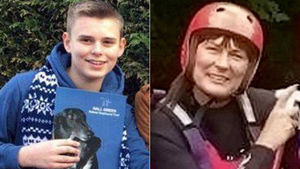
This week we reported on a 17-year-old youth who, despite admitting that he stabbed a man outside a Tipton snooker club, will not serve a day in prison.
In another case, 22-year-old Daniel Kennedy, who smashed head-on into a motorcyclist while fleeing from police, was spared jail.
Even when criminals are sent to prison the sentences are often woefully insufficient.
James Mills, 23, was attempting to lure another driver into a road race when he smashed his car into a Ford Mondeo, killing 74-year-old grandmother Vijaya Mistry.
He was jailed for five years and four months - meaning he is likely to be back on the streets in under three years. It doesn't seem like much of a sentence for ending a life.
Teenager Megan Bills was found dead inside a clingfilm-wrapped wardrobe.
The message in the UK is that for the authorities, maintaining law and order is less of a priority than looking out for the wellbeing of criminals.
There is no doubt that West Midlands Police need more resources in the battle to combat crime.
But in the meantime the public will be eager to see what measures the force takes to stop the deeply worrying rise in crime figures.


